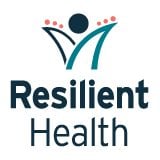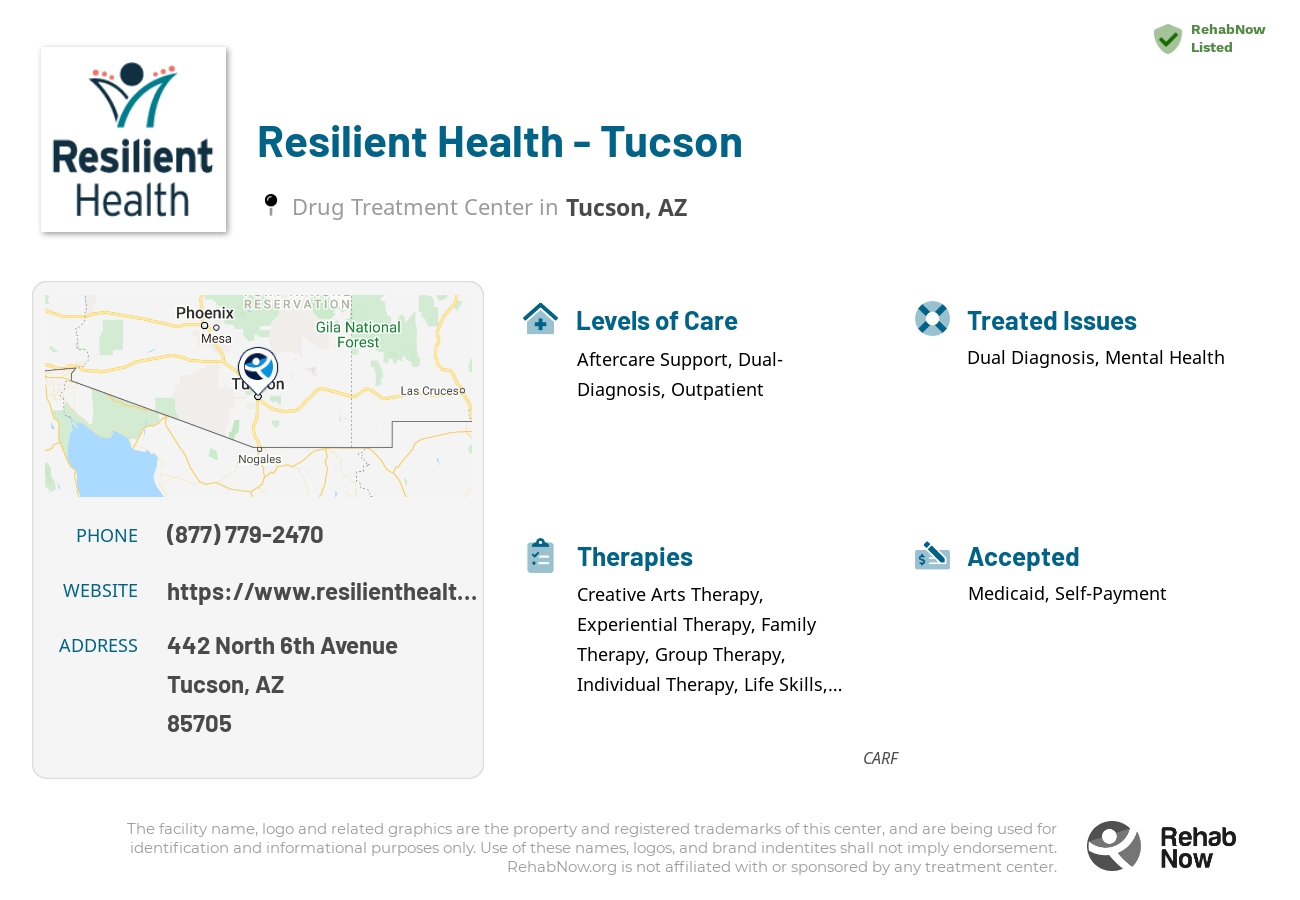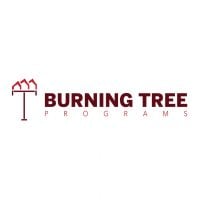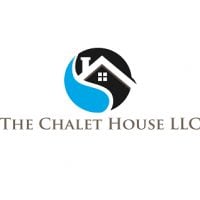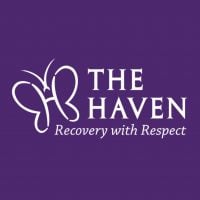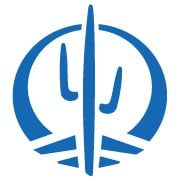Resilient Health - Tucson
Drug Rehab Center in Tucson, Arizona
Resilient Health - Tucson is an Arizona-based addiction and wellness center that offers evidence-based programs and support services to individuals affected by addiction, including outpatient counseling, peer-run recovery groups, and holistic services.
About This Arizona Facility
Resilient Health - Tucson Youth & Family in Tucson, Arizona, stands out as a beacon of hope for individuals and families grappling with addiction and mental health issues. This center not only focuses on combating substance abuse but also diligently works towards nurturing mental wellbeing through its clinical and holistic treatment approaches. It prides itself on serving people of all ages with its flexible outpatient programs, inclusive of medication-assisted treatment and a variety of therapeutic services.
- Medication-Assisted Treatment: Utilizes FDA-approved medications combined with mental health counseling, under the careful supervision of medically trained staff.
- Comprehensive Therapy Options: Offers individual, group, and family therapy, complemented by health support services, life-skills training, and more.
- Holistic and Artistic Approaches: Encourages engagement in art therapy and psychiatric care as part of its holistic treatment strategy.
Accredited by CARF (Commission on Accreditation of Rehabilitation Facilities), Resilient Health - Tucson Youth & Family embodies the highest standards of care and treatment efficacy. With a strong dedication to resilience, it provides multiple levels of care including outpatient, partial hospitalization, and unique aftercare support, shaped around each individual's needs.
Targeting a wide array of addiction and mental health concerns—including Dual Diagnosis, Mental Health, Substance Abuse, Drug Addiction, and Alcoholism—the center leverages an array of treatment methodologies. By offering outpatient and partial hospitalization programs, it ensures that treatment does not disrupt the daily lives of its clients, fostering a balance between recovery and personal responsibilities.
Genders
Ages
Modality
Additional
Accreditations

CARF
The Commission on Accreditation of Rehabilitation Facilities (CARF) is a non-profit organization that specifically accredits rehab organizations. Founded in 1966, CARF's, mission is to help service providers like rehab facilities maintain high standards of care.
Conditions and Issues Treated
When addiction and psychiatric issues co-occur, the addict’s recovery is more successful when both conditions are treated. A dual diagnosis refers to a condition in which the patient is diagnosed with two health issues: addiction and bipolar disorder. The most common therapies are psychotherapy, behavioral therapy, spiritual counseling, 12-step programs, and medication management.
Levels of Care Offered at Resilient Health - Tucson
This center offers a variety of custom treatment tailored to individual recovery. Currently available are Aftercare Support, Dual-Diagnosis, Outpatient, with additional therapies available as listed below.
An outpatient treatment program is set up to help with alcohol or drug addiction or a co-occurring disorder. The patient must attend the facility for their therapy and other programs but can return home each night.
The frequency of mandatory attendance decreases after much of Resilient Health - Tucson‘s program is complete.
Outpatient treatment is a recovery approach that allows recovering addicts to live at home while getting rehab for addiction
An outpatient can include day treatments which include attending group sessions one hour per week. A person living in an outpatient environment may be allowed the opportunity to work full time if they choose to and continue studies without interruption from drugs/alcohol.
Outpatient treatment is an option for people who want to maintain their careers and families. Outpatients live at home but attend treatment such as individual counseling, group counseling, or twelve-step meetings during the day.
Aftercare support is vital to the success of someone in drug or alcohol treatment. It involves assisting with entering a sober living home, getting career counseling or educational assistance and even getting the individual lined up with programs like AA and NA. This support helps recovering addicts readjust to normal day-to-day activities and maintain sobriety.
When a person is in drug or alcohol treatment, they have to increase their focus on themselves. They need to learn how to recognize the triggers that cause them to relapse and learn the habits that would benefit them if they were to be sober. This is all part of the growth in recovery, and aftercare is essential to that process.
Therapies & Programs
At Resilient Health - Tucson , to learn from past mistakes and improve one’s situation, the recovering person meets individually with a therapist. The counselor or therapist will address addiction causes, triggers, mental issues, dual diagnosis, and aftercare plans during this time. This is a very intense and challenging process. Some clients find it easier to open up to someone other than family or friends who understand their struggles with addiction.
Family therapy is a crucial part of drug treatment and getting sober. It is one of the most effective ways to help addicts stay on the path to long-term sobriety. An addict’s family can play a vital part in helping them to avoid relapse. They can spot the warning signs and help them get back on track.
In group therapy, recovering addicts meet with a therapist and other people in recovery. Some groups are closed, meaning only people who share the same addiction or problem can attend. Others are open to anyone who wants to stop using drugs or drinking alcohol. Group therapy sessions typically focus on one topic each week or month so that recovering addicts can discuss issues they face daily.
Trauma therapy allows people to face and learn from past traumas.
Many people suffer childhood traumas that lead to adult addiction. During treatment at Resilient Health - Tucson [/type], you can move forward in your recovery and reclaim your sober future! Trauma is a common cause of psychological disorders like Addiction Disorder. It’s common in Addictive Disorders patients because traumatized people have strong emotions or thoughts that lead to addictive behaviors.
Drug and alcohol addiction can lead to a breakdown in life skills. Learning certain life skills can help those who are struggling with addiction. Life skills training at Resilient Health - Tucson in Tucson, AZ teaches patients skills such as time management, budgeting, and social abilities to improve their quality of life and prevent relapse.
An addict’s life skills are maladaptive, meaning they are counterproductive. An addict may have learned poor time management skills growing up, have a hard time budgeting money, or be socially awkward. An addict’s poor life skills can lead to relapse and the inability to achieve long-term sobriety. Life skills training teaches patients effective coping mechanisms, which can help them live a clean and sober life.
Patient Experience
Creative Arts
Creative arts therapy is an expressive process that helps people in recovery explore feelings and emotions. While the goal isn’t always to create a final product, it’s therapeutic for many patients. They can express themselves by journaling or other forms of creative expression. Activities include sketching, painting, sculpting, etcetera. All help them handle stress and anxiety better than before their addiction (and even when they were). The activity improves communication skills and the ability to process traumatic events from one’s past, often triggered during periods of withdrawal/relapse. This benefit makes this form of treatment popular among addicts who don’t want prescription drugs but need something more substantial than talk sessions with counselors.
Experiential Therapy at Resilient Health - Tucson
Experiential Therapy is a different way of thinking about addiction treatment. It uses physical activities to help work through troubling emotions, memories, and trauma that are sources of psychological issues like addiction.
Experiential Therapy can be an effective option for those who have struggled with past traumas or challenges associated with life decisions such as drug use. The non-traditional approach helps people deal more effectively with these struggles. It also allows them to gain new perspectives on their behavior patterns by recreating experiences in healthy ways rather than continuing old habits that may no longer serve them.
Payment Options Accepted
For specific insurance or payment methods please contact us.
Resilient Health Associated Centers
Discover treatment facilities under the same provider.
- Resilient Health - North 2nd Street in Phoenix, AZ
- Resilient Health - Warehouse 1005 in Phoenix, AZ
- Resilient Health - Grande in Casa Grande, AZ
- Resilient Health - Tempe in Tempe, AZ
- Resilient Health - Douglas in Douglas, AZ
Learn More About Resilient Health Centers
Additional Details
Specifics, location, and helpful extra information.
Tucson, Arizona 85705 Phone Number(877) 779-2470 Meta DetailsUpdated April 15, 2024
Staff Verified
Patient Reviews
There are no reviews yet. Be the first one to write one.
Tucson, Arizona Addiction Information
Arizona has some of the highest rates of prescription drug abuse in the United States. Methamphetamines, heroin and morphine are among the most commonly abused substances. Prescription pain relievers were prescribed to 348 million people in 2012, enough to medicate every adult in Arizona for 2 full weeks. The number of people with substance use disorders in Arizona has remained relatively constant over the past few years.
In Tucson, Arizona, drug addiction is a serious issue. In fact, according to recent statistics, there are over 15,000 people in the city who are addicted to drugs. This accounts for about 5% of the population. Tucson's most commonly abused drugs include heroin, methamphetamine, and cocaine. In Tucson, Arizona, the types of treatment available include inpatient rehabilitation, outpatient rehabilitation, and 12-step programs.
Treatment in Nearby Cities
- Mohave Valley, AZ (280.2 mi.)
- Mesa, AZ (96.2 mi.)
- Cave Creek, AZ (124.8 mi.)
- San Luis, AZ (223.5 mi.)
- Wickenburg, AZ (157.9 mi.)
Centers near Resilient Health - Tucson
The facility name, logo and brand are the property and registered trademarks of Resilient Health - Tucson, and are being used for identification and informational purposes only. Use of these names, logos and brands shall not imply endorsement. RehabNow.org is not affiliated with or sponsored by Resilient Health - Tucson.
